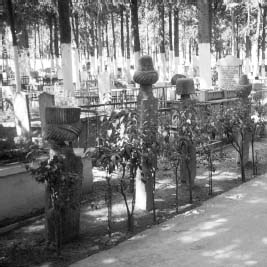IslamCustoms and Rituals |
How do Muslims deal ritually with death and mourning? |
In most places Muslims retain the ancient custom of burying the unembalmed body before sundown on the day of death. Family members generally prepare the body with purification rituals similar to those used prior to prayer or to remove some ritual impurity. Sometimes mourners will say special prayers in the mosque after the regular ritual prayer, with or without the body. Basic prayers include the takbir (saying “Allahu akbar”) spoken four times, interspersed with longer devotional prayers calling down blessings on the deceased and on all present. In the United States, Muslim obsequies often occur in funeral homes, always with a closed casket. There the imam of the mosque leads mourners in prayer and may also deliver a brief eulogy. American funerals often do not occur immediately after death as in some other countries. At the cemetery, mourners gather around the grave and offer burial prayers called janaza (jaNAAzah). Muslims do not practice cremation. Bodies are buried in such a way that if turned onto their right side, they would be facing Mecca. Following burial, mourners generally gather to express condolences either at the family home or in a space set aside specially for the purpose. Some families arrange to have a Qur’an reciter present or else play recorded recitation for silent reflection.

A Muslim cemetery in Kusadasi, Turkey, showing both head and foot-stones, trees painted white several feet up from the ground, and stone replicas of the headgear once worn by the deceased person, indicating that person’s rank in traditional Ottoman society.
